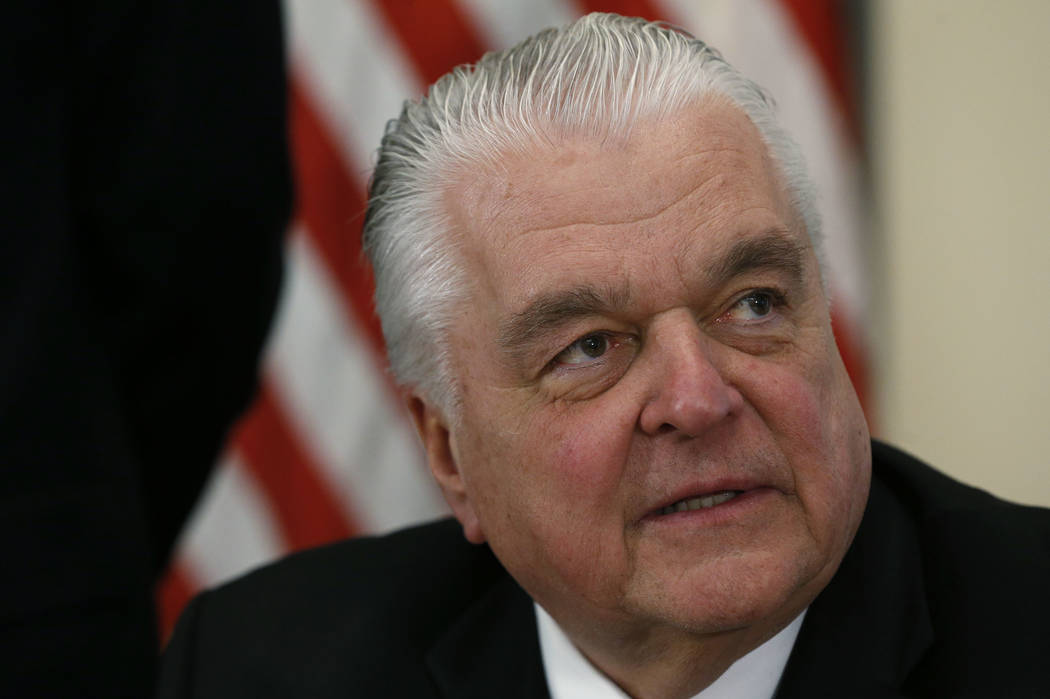VICTOR JOECKS: Sisolak right to veto National Popular Vote bill
Gov. Steve Sisolak put Nevada first in vetoing the bill that would have subjugated the state to the National Popular Vote Interstate Compact.
Assembly Bill 186 sought to pledge Nevada’s electoral votes to the presidential candidate who won the national popular vote. The compact goes into effect once states totaling 270 electoral votes have joined. Currently, 15 states and Washington, D.C., representing 189 votes, have signed on.
“The National Popular Vote Interstate Compact could diminish the role of smaller states like Nevada in national electoral contests,” Sisolak said in a statement explaining his first veto.
He’s right. Each state receives a number of electors equal to the size of its congressional delegation. Because every state has two senators, smaller states have a disproportionately large influence in presidential elections. Nevada has grown rapidly over the past few decades, but it’s still just the 32nd-biggest state by this measurement.
The compact would also wipe out the importance of swing states. As a small state, Nevada has proportionately more influence than California though the Golden State has 55 electoral votes, while the Silver State has six.
Nevada received 17 presidential candidate visits in 2016. California received just one because everyone knew Hillary Clinton would carry California. Nevada had been trending blue, but Donald Trump still had a chance here. The same phenomenon is seen across the country. Presidential candidates and their surrogates overwhelmingly visited swing states such as Florida, Ohio and Pennsylvania.
This is a feature, not a flaw, of the Electoral College. When closely divided states determine elections, it forces presidential candidates to broaden their appeal. You can’t woo moderate voters by throwing out red meat to your base. That’s why presidential candidates sound differently once they’ve secured their party’s nomination. They’re trying to appeal to a different set of voters.
Especially as our country grapples with deep political divisions, this is an important unifying mechanism in selecting a president.
If the winner of the popular vote became president, campaign strategy would change dramatically. California would receive far more attention than Nevada. But candidate rhetoric would change, too. Candidates would need to bank as many votes as possible in one-party strongholds such as California or Alabama. The speeches and policy proposals that boost turnout in California are different than in Nevada because California is overwhelmingly Democratic. The same dynamic would play out in the South, where the GOP dominates.
The Electoral College also prevents a regional president. Overwhelming support from California and New York alone could elect a presidential candidate under the popular vote compact. The Electoral College forces presidential candidates to broaden their appeal. That’s especially important in a country as diverse as ours.
“In cases like this, where Nevada’s interests could diverge from the interests of large states, I will always stand up for Nevada,” Sisolak said.
He didn’t just stand up for Nevada. With his veto, the governor has protected an important constitutional provision.
Contact him at vjoecks@reviewjournal.com or 702-383-4698. Follow @victorjoecks on Twitter.























